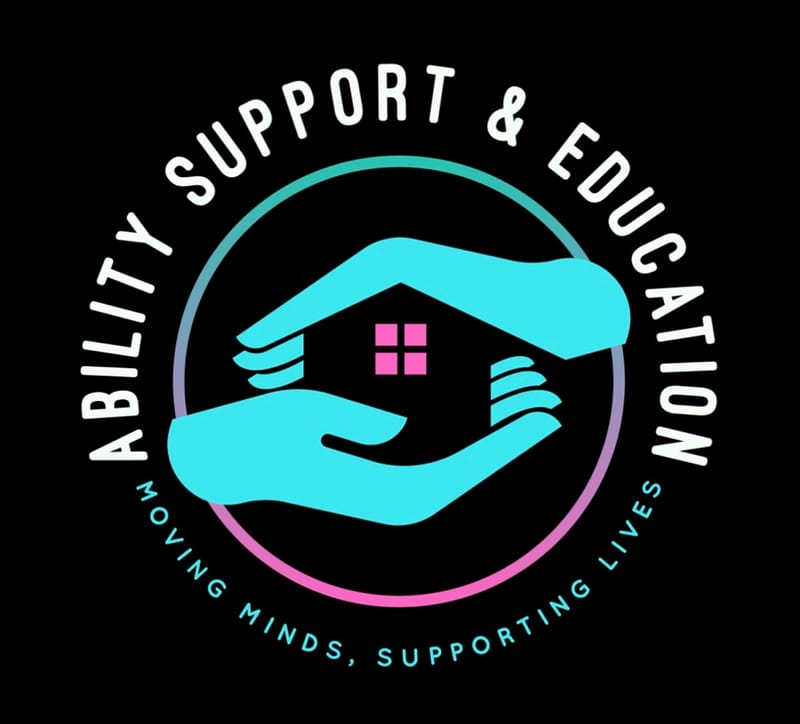Our Equality Policy

Ability Support and Education - Equality Policy
Introduction:
Ability Support and Education is committed to encouraging equality, diversity and respect for all amongst our workforce and clientele and eliminating unlawful discrimination.
This policy applies to all staff at all levels including employees, management, agency workers, and independent contractors.
Purpose:
The purpose of this policy is to:
Create a working environment where no staff member or client is unlawfully discriminated against because of age, disability, gender reassignment, marriage and civil partnership, pregnancy and maternity, race (including colour, nationality, and ethnic or national origin), religion or belief, sex (gender) and sexual orientation (known as protected characteristics).
Oppose and avoid all forms of unlawful discrimination in the workplace, including in staff’s interactions with each other, in pay and benefits, terms and conditions of employment, dealing with grievances and discipline, dismissal, redundancy, leave for parents, requests for flexible working, and selection for employment, promotion, training or other developmental opportunities.
Unlawful discrimination
The Equality Act 2010 prohibits the following forms of discrimination:
• Direct discrimination: less favourable treatment because of a protected characteristic.
• Indirect discrimination: where a provision, criterion or practice is applied to all staff but adversely affects people with a particular protected characteristic more than others, and is not justified.
• Harassment: unwanted conduct related to a protected characteristic, which has the purpose or effect of violating someone's dignity or creating an intimidating, hostile, degrading, humiliating or offensive environment for them. This includes sexual harassment.
• Victimisation: retaliation against someone who has complained or has supported someone else's complaint about discrimination.
• Failure to make reasonable adjustments to alleviate disadvantages caused by a disability.
• Discrimination arising from disability: where a disabled person is treated unfavourably not because of their disability but something arising in consequence of it.
Responsibilities of all staff:
This policy applies to all staff working for us or we are in an agreement for providing our services for including employees and casual workers, and self-employed contractors.
All staff are expected to conduct themselves in a professional and considerate manner at all times. Staff must not unlawfully discriminate against or harass other people including current and former staff members, job applicants, clients, customers, suppliers, or visitors.
This responsibility applies in the workplace, outside the workplace (when dealing with customers, suppliers or other work-related contacts), and on work-related trips or events including social events.
This applies in relation to face-to-face behaviour as well as communications by phone, text message, email, social media, and other electronic means. It applies to written, verbal and non-verbal conduct such as disseminating offensive pictures, cartoons, and pornography.
Breaches of this policy:
Breaches of this policy will be dealt with in accordance with our disciplinary procedure. Serious cases of discrimination may amount to gross misconduct resulting in dismissal.
Staff who make complaints or who participate in good faith in any investigation must not suffer any form of retaliation or victimisation as a result. However, making a false allegation deliberately and in bad faith will be treated as misconduct and dealt with under our disciplinary procedure. Anyone found to have retaliated against or victimised someone in this way will be subject to disciplinary action under our disciplinary procedure.
If you believe you are being discriminated against:
If you believe you are being discriminated against, you may wish to raise the problem informally with the person responsible. Explain the situation and how it has made you feel. It can be helpful to describe the event so the other person is clear about your concerns. Use the opportunity to ask the person to change or stop their behaviour. Alternatively you may speak to your manager who can provide confidential advice and assistance in resolving the issue formally or informally.
If you do not feel that informal steps are appropriate, or they have been unsuccessful, you should raise the matter formally under our grievance procedure. All complaints will be investigated in accordance with our grievance procedure.
If we consider that there is sufficient evidence to suggest you have been discriminated against we will consider the appropriate action to take. If the person accused is an employee, this may include invoking our disciplinary procedure. Whether or not your complaint is upheld, we will consider how best to manage any ongoing working relationship between you and the person concerned.


